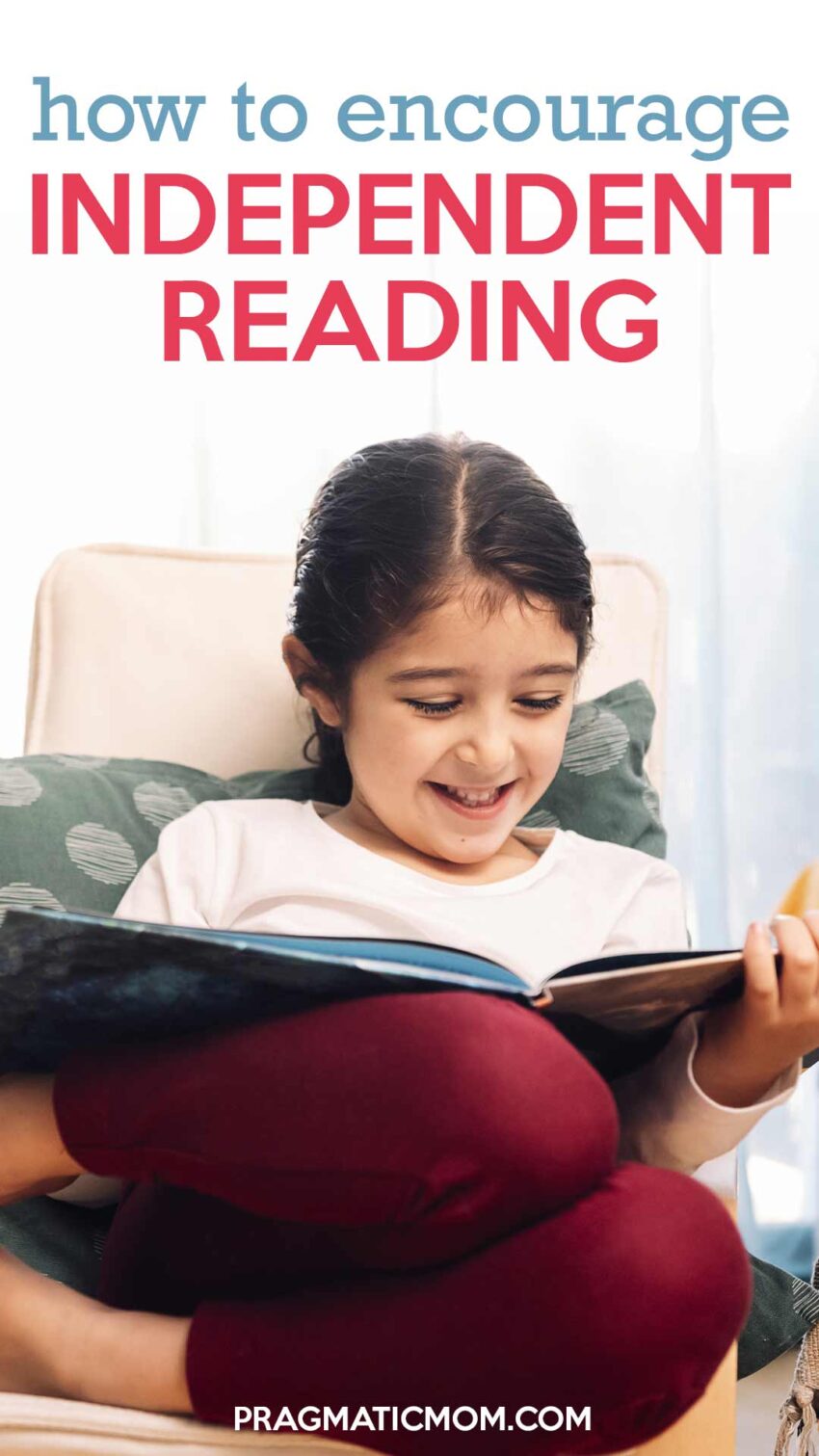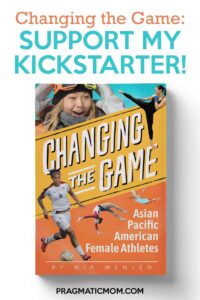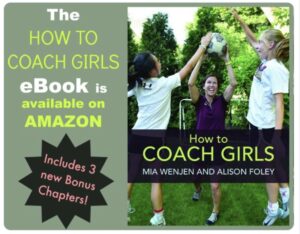Please welcome my guest author, Kathryn Starke, who is am an urban elementary school literacy specialist, children’s author, freelance writer, and the founder/CEO of Creative Minds Publications and Consulting.
Reading Strategies for Independent Reading
How do we get our children to become independent readers? The first step is to allow them to be independent thinkers and provide them with the techniques that allow them to figure out words on their own. Many parents, by no fault of their own, always want to tell a child the word they don’t know. If the child is six years old and the word is monumental, for example, you can definitely step in and assist. If the unknown word is something like the word standing, there are some tricks to teach your child when decoding new words.
First, look for hidden words; these are real words that are located within the larger word. For example, men are found in monumental, and the word and is clear in standing. Children love to be reading detectives and giving them the task of finding hidden words before asking for assistance is essential. Let’s look closely at the word standing, a simple decoding word for a first-grader. Before the hidden word (and) your child will recognize the blend st; after the hidden word, your child will see the coming ending ing. Once these parts have been identified, it’s time to go sliding. I have my students slide their fingers from the beginning to the end of the word to read the new word and then repeat it again so it becomes a new word in their reading vocabulary.
Another trick is recalling rhyming words; nursery rhymes, children’s songs, and jump roping chants are not obsolete. Young children that are exposed to these varieties of text are usually early readers and can quickly decode new words. These children easily recognize the word book because they know the words look, cook, and hook all have the same ending sounds.
Finally, to ensure your child has smooth, fluent reading after decoding difficult words, encourage her to reread the sentence or page. You as the listener will be able to hear a huge difference in the child’s oral reading skills. You may even want to echo read with your child, so he or she can understand exactly what great readers sound like. You read a sentence then have your child echo you, reading the same sentence in the same exact manner in which you read, decoding, expression, and all. Your encouragement and helpfulness will enable your child to become an independent reader and lifelong learner.
Kathryn Starke is an urban elementary school literacy specialist with over a decade of experience. She is the founder/CEO of Creative Minds Publications and Consulting, a global educational company that promotes quality literacy instruction for all children. In addition, she is a children’s author, public speaker, and freelance writer. Visit www.creativemindspublications.
p.s. Related posts:
7 Great NEW Diversity Easy Readers
Top 10 Best Multicultural Easy Readers
Best Easy Readers & Early Chapter Books
Best Easy Readers for New Readers
Top 10: Best Old Fashioned Easy Readers
Summer Reading Programs & Free Books for Kids
Prompts to Support Your Child’s Reading
How to Instill a Love of Reading in Your Child
New Early Chapter Books to Get Kids Reading
A Forgotten Camera Gets Dylan Reading
Kids & Family Reading Report from Scholastic
To examine any of the items listed, please click on image of item.
As an Amazon Associate, I earn from qualifying purchases.
BEST #OWNVOICES CHILDREN’S BOOKS: My Favorite Diversity Books for Kids Ages 1-12 is a book that I created to highlight books written by authors who share the same marginalized identity as the characters in their books.










Dear Kathryn
It is because of people like you our children are great readers! Thanks for the tips. Have to agree with not jumping in and saying the word for your child.
For 2nd grade our son for decoding words used picture clues, and sounding it out. For fluency we also read chorally (in unison) with him) It took the year but now his fluency is great!
Would love to see another blog post on whether you think phonics vs site words is the way to go in teaching a child to read. I tried the phonics but they weren’t sinking in. Granted our daughter was 3 3/4 then. Tried site words and they seem to stick better.
Take care,
Rajka
Hi Dr. Rajka,
I am the biggest offender of jumping in and saying the word. Ooops!
Phonics versus sight words. Interesting. I honestly think that they are complementary and different that you can’t focus on one over the other. My kindergarten (amazing) teacher said that she had one kid who read to a third grade level-ish but then she discovered it was all through memorized sight words and this limited him beyond that level. She had to teach him phonics from the basics.
I like reading together. Chorally sounds great. Taking turns is also wonderful and helps build reading muscle stamina. I also love picture books for 1st and 2nd graders. There are so many wonderful ones that are much more interesting with richer vocabulary than most chapter book series. Also, the pictures help give word clues and there is great satisfaction in reading a book from start to finish in one sitting. We used to read 10 picture books a day for a big summer literacy push when my oldest was behind.
The best phonics books are Explode the Code. Try those with your kids. Also, it just takes time. My middle child, a rising 5th grader, still needs help reading aloud for her chapter books but it turns out she is in the top reading group at school and aced her reading/writing MCAS but she still has trouble with some long words. I think it’s just a process. We still read together, time permitting.
Hope this helps.
So interesting! Such valuable advice, thanks Kathryn Starke. I really like the idea of rereading the sentence or page. I think it probably also build confidence, comprehension, practice/repetition, as well as creating fluid reading.
Hi Ann,
Glad her post was helpful for you! How are your kids reading these days?
My almost 1st grader reads great. My son is not nearly ready yet! He still has another year at preschool – still working on letter recognition and a little on sounds – he resists if I push and I don’t want to turn him off. I do a lot of praising him for what he does know : ) He loves to to be read to!
Hi Ann,
I think there is no rush to read independently. In fact, I did a lot of digging around through the research and I found that early readers are NOT the best readers by the time they hit 5th grade. Not a single one. It’s like early walkers not necessarily being the best athletes. You are right not to push and to make reading just a fun read aloud time!
I totally agree. I do not have “early readers.” My kids do not “read” independently until about mid-first grade. However– their comprehension is through the roof because we read aloud to them and discuss vocabulary. IMO– it is more important for children to be able to follow multiple step directions, pay attention, and listen. Those skills are “harder to teach” and are necessary for higher-order academic skills.
Hi Nadine,
Yes, yes, yes!!! That is so much more important than reading at age 3!!!
I love the idea of reading detectives to find the hidden words. What a great approach! I’ve forgotten how we went about independent reading with my 9 1/2 year old, but I’m sure it was more of an easy going approach. Basically a lot of reading out loud and going over sounds. My almost 3 year old is already used to playing student to my daughter, though, so I’m sure we won’t have too much trouble getting him to read….
Hi Artchoo,
She gave such great concrete ideas for breaking down long words. I used that word within a word for my kid the other day when he was struggling with a word … and it WORKED! I forget what word it was but it had two little words in it. You could almost see the lightbulb going off in his head when he did too which was fun as a parent to watch. I think younger siblings also pick up reading more quickly because they are trying so hard to keep up.
For me I think the best way for our kids to be enthusiastic about reading is when we start reading to them at the early age. Even bedtime stories makes a lot of difference. When they’re exposed to books at an early age age, surely they will be hooked with the book themselves and will be eager to learn how to read on their own.
Hi Mark,
I am in complete agreement with you! Wonderful point!